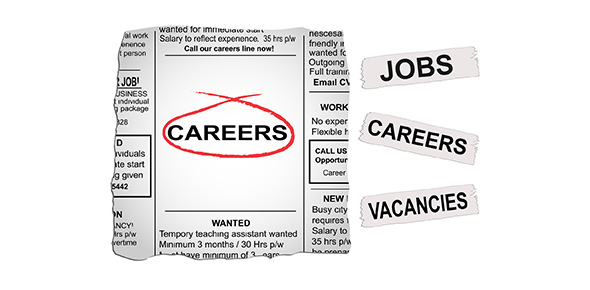Related Flashcards
Related Topics
Cards In This Set
| Front | Back |
|
What are the five stages in Maslow's Hierrarchy of Needs. Describe them. Describe the theory.
|
Stage1. (Top of the Pyramid). Self-actualization needs - growth at work, career paths, promotions.
Stage2. Esteem needs - confidence, feeling competent, performance evaluations.
Stage3. Social(love) needs - lunch break, social groups, commadery.
stage4. Safety and Security - Secure work environment, safety procedures.
stage5. (Bottom of the Pyramid). Psysiological needs - bathroom breaks
- Theory focuses on internal needs.
- It does recognize that culture determines behavior as well.
- Derived from, the works of Dewey, james, and Freud.
- Theory says that only ungratified needs motivate behavior. Further, it is the lowest level of ungratified neeeds in the hierarchy that motivates behavior.People progress up the hierarchy as they succesfully gratify each level of need.
|
|
Theory X and Theory Y, describe them.
|
McGregror used Maslows hierarchy of need's to esplain motivation. He grouped psysiological and safety needs as the lower order or Theory X. Then grouped the remainding three needs as the upper order needs or Theory Y.
Set of assumptions of how to manage individuals
Theory X - Work is distasteful, people lack ambition, dislike responsibility, want to be controlled, work for money, work as little as posssible, self-centered, guillible and not very bright.
Theory Y - Workers want to contribute, have ambition, want responsibility, autonomy, need intrinsic fufillment, are not passive or resistant to organizational needs.
|
|
ERG Theory, describe.
|
Clayton afderfer grouped human needs into three categories: existence, relatedness, growth. Explains both progressive need graification and regression when people face frustration.
|
|
Describe Herzberg's 2 factor theory? Critiques?
|
Motivation factors (challenging work, recognition, responsibility) that give positive satisfaction, arising from intrinsic conditions of the job itself, such as recognition, achievement or personal growth. Absence of these factors leads to lack of satisfaction. More important than Hygiene factors because they directly a person's motivational drive to do a good job.
Hygiene factors (status, job security, salary and fringe benefits) that do not give positive satisfaction, though dissatisfaction results from their absence. Excellent hygiene factors result in employees being not dissatisfied. These are extrinsic to the work itself and includes aspects such as company policies, working conditions or wages/salaries. Employee may still be motivated when hygiene factors are absent and motivation factors are present.
Critiques - Data have not shown a clear dichotomization of incidents into hygiene and motivator factors, absence of individual differences, intrinsic job factors like the work flow process and Herzberg used a peculiar critical-incident technique.
|
|
Describe McClelland's Need Theory
|
Focuses on personality and learned needs. Identified three called manifest needs. Needs for:
Achievement - excellence, competition, and challenging goals. People with high need for achievement perform best. Highest in U.S and lowest in collectivist societies.
Power - desire to influence others, urge to change people or events, and wish to make a difference. Socialized power vs personalized power. Best managers have the latter.
Affiliation - establish relationships with others. Motivated to express their emotions to others and expect to have them do the same. Find conflict disturbing.
Autonomy - independence, minimum supevision structure.
|
|
Describe social exchange and equity theory
|
Focuses on the individual-environment interaction. Concerned with the social processes that influence motivation and behavior.
Equity -outcomes/inputs(person) = outcomes/inputs(comparison other)
negative equity - "" < ""
positive quity - "" > ""
Equity sensitive - equal ratio
benevolent - ratio less than that of the comparison other
entitled - greater than
|
|
Describe expectancy theory of motivation
|
Vroom's theory focuses on personal perseption of the performance process.
Key contructs of this theory are valence of an outcomes (the value or importance one places on a particular reward) expectancy (the belief that effort leads to performance) and instrumentality (the belief that performance is related to rewards).
|
|
Sid Video
|
As a manager, are you concentrating on the negative aspects of your employees' performances? Sid, a grumpy manager who loves to punish employees, finds out positive feedback works much better.
Sid's night shift has the lowest efficiency and the highest rate of turnover and absenteeism in the company-obviously caused by his negative feedback and punishment techniques. Steve, a business consultant, is hired to give Sid some helpful advice on how to manage people successfully and eventually convinces Sid to begin practicing positive reinforcement. Soon, Sid's night shift becomes the most productive in the company |








